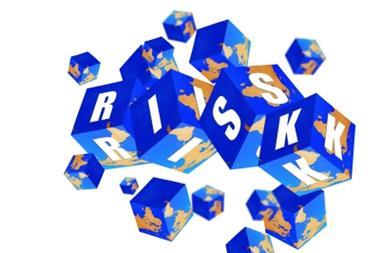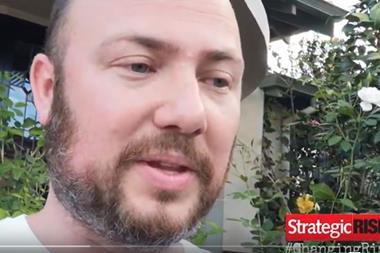The world is complex, changing and connected and boards need to respond, argue Airmic’s Julia Graham and John Ludlow
In their presentation for StrategicRISK’s #changingrisk series, Airmic deputy CEO and technical director Julia Graham clearly had her finger on the pulse of change.
Speaking in late 2019 - well before the Covid-crisis, she said boards needed to understand the broader context of how the world was changing before they could think about their approach to looking at issues associated with risk. One of these issues was people risk.
Set against the context of the coronavirus pandemic and a global shift towards remote working her words carry even more resonance.
“Numerous stressors are changing the way people and organisations are behaving in a digital age. There is a blurring between work and life. Where do you switch off and where do you switch on? People are being encouraged to be available 24 hours a day - what is the effect of that?”
Referring to Airmic’s Roads to Revolution report, she said the principles of resilience were the same for a digital age but that three additional ingredients should also be considered: Redesign processes, retail stakeholders and reinvent purpose.
“Boards need to ask themselves, why are you here today? How do you need to reinvent your purpose and remain relevant so you can achieve the value creation that your organisation is there to achieve?”
Airmic CEO John Ludlow said that non-executive directors needed to “get under the skin of an organisation” if they really wanted to understand the risks it faced. It was no good turning up once or twice a year and expecting to understand, he said.
”The first thing the board need to do before they even get to risk management is to be really quite clear about the vision of the company. What do you want to be as a company and what are the outcomes you want to achieve?”



















1 Readers' comment